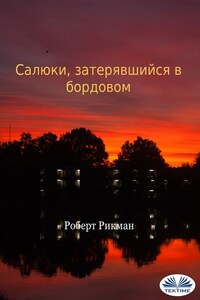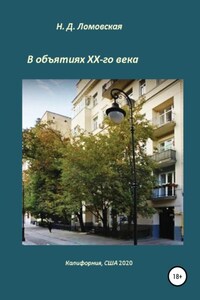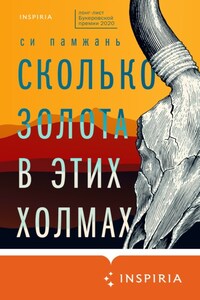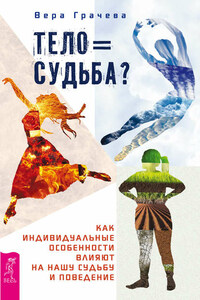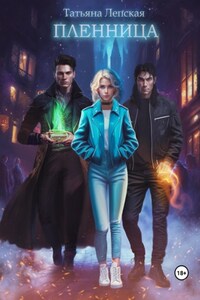“Saluki Marooned”
Robert P Rickman
Edited by Nathan Beck
Copyright 2012 Robert P Rickman
Second Edition Published by Tek Time
All rights reserved
I spent nearly 8 years staring at a computer screen, with my mind in the 1970s, as I wrote this novel. Though it was a solitary job, I wasn’t alone because I had Nathan Beck, ‘07, as a consultant. Nathan, who received his MFA from SIU, took a broadcast writer and taught him how to write fiction. Sandra Barnhart of the Carbondale Public Library played an essential role in the formatting of the manuscript for publication. Mary Mechler, MBA ‘93, of the SIU Small Business Development Center helped me to develop a marketing plan for Saluki Marooned and also tutored me on everything from website development to business cards. The cover photograph of the Campus Lake at dusk was shot by Taylor Reed, BA ‘09. Bob Kerner of La Vergne, Tennessee, took the picture for the back cover. Though Bob is not an SIU alum, he did wear a maroon t-shirt for the occasion. The SIU Alumni Association has helped with marketing the book to alumni all over the world. Finally, special thanks to SIU Radio and TV graduates Bob Smith, ‘73, and Roger Davis, ‘72, who assisted with the marketing and proofreading of this novel.
Two wild rivers splashed together in Mid 20th Century America—the peace movement, and youth. It was one big freak out, with kids grooving to the gnarly music, mod threads, kickin' stash, swingin' chicks, and violence. UC Berkley led the way with campus unrest.
2000 miles to the east stood the Berkley of the Midwest—Southern Illinois University at Carbondale. In 1969, an arsonist torched Old Main, its oldest building. When the National Guard killed four students at Kent State, Ohio in the spring of 1970, riots closed SIU and its president resigned.
Adding to the edginess was an extensive rap sheet for the southernmost thirteen counties of Illinois. The most violent earthquake in the contiguous 48 states shattered the region during the early 1800’s. In 1922, 23 coal miners were killed during the Herrin Massacre. The Great Tri-State tornado, deadliest in American history, struck in 1925 killing 695 people. Below ground, the New Orient Mine explosion took the lives of 119 miners in 1951. And in more recent times, the May 2009 inland hurricane spawned three tornadoes in Southern Illinois, which uprooted trees, blew out windows and demolished buildings.
That Fall 58-year-old Peter Federson wandered onto SIU after binging on drugs and alcohol. Deeply depressed, the former Saluki crawled under a canoe on the lake, fell into a stupor and joined the region's long list of extraordinary statistics. Because, when Pete awoke in 1971, the world was out of kilter, just as he had remembered it.
There is something wrong with my emotional thermostat; good things make me nervous, bad things make me even more nervous, and uncertainty drives me wild. Yet I loathe boredom and routine. It’s been that way for my entire 58-year life.
Gleefully twisting the dial of my thermostat is a squadron of gremlins, living deep in my mind, which pry out bad memories, distort them into parodies of themselves, grossly amplify them, and propel them rudely into my consciousness. The gremlins use my memories to bludgeon my tender nerves until I writhe in agony.
There is a line of these chemicals—because that’s what they are, disarranged brain chemicals—that begins in the late 1960’s and stretches to the present. This long and jagged line represents a demonic resume of my work history. I have been employed as a security guard, proofreader, adult school instructor, janitor, server, ticket taker, carpenter, bar disc jockey, radio disc jockey, photographer, and grocery store bagger. After I flunked out of college, I was a private in the United States Army. That was the worst job.
The best job was working as a news reporter and anchorman at radio stations in Iowa and California. Being on the air is my number one talent; the thing that I am tailor made for, except that I couldn’t tolerate stress for very long. I could bottle it up for a while, maybe for months, and occasionally years, but eventually the cork would pop off with a bang, releasing the fulminating gremlins. Then I would either walk out on the job, get fired, or a sometimes combine the two so that both former employee and former employer were confused as to what exactly happened. I was fired from my last job in radio in 1999 when I got into an argument with the news director about how to pronounce “Des Plaines,” the name of a Chicago suburb. Since I’m from Chicago I told him the right pronunciation was Dess-Planes. Yet he went on the air with the some strange French pronunciation, and I called him a frog. I didn’t know he was of French descent.
My latest gig ended in the usual spectacular way on a bright fall day in 2009 at a company called Testing Unlimited, located down the street from where I lived in Fox Lake, Illinois, another suburb of Chicago. The job was classified as part time/occasional, which meant that I couldn’t claim unemployment insurance, had no benefits, and worked only six to eight months out of the year. Some weeks I didn’t know what days I would work, or how many hours per day. I was comfortable with that, because the job offered me absolutely no security, and though the lack of security was bad, the idea of a change to something better was even worse.

